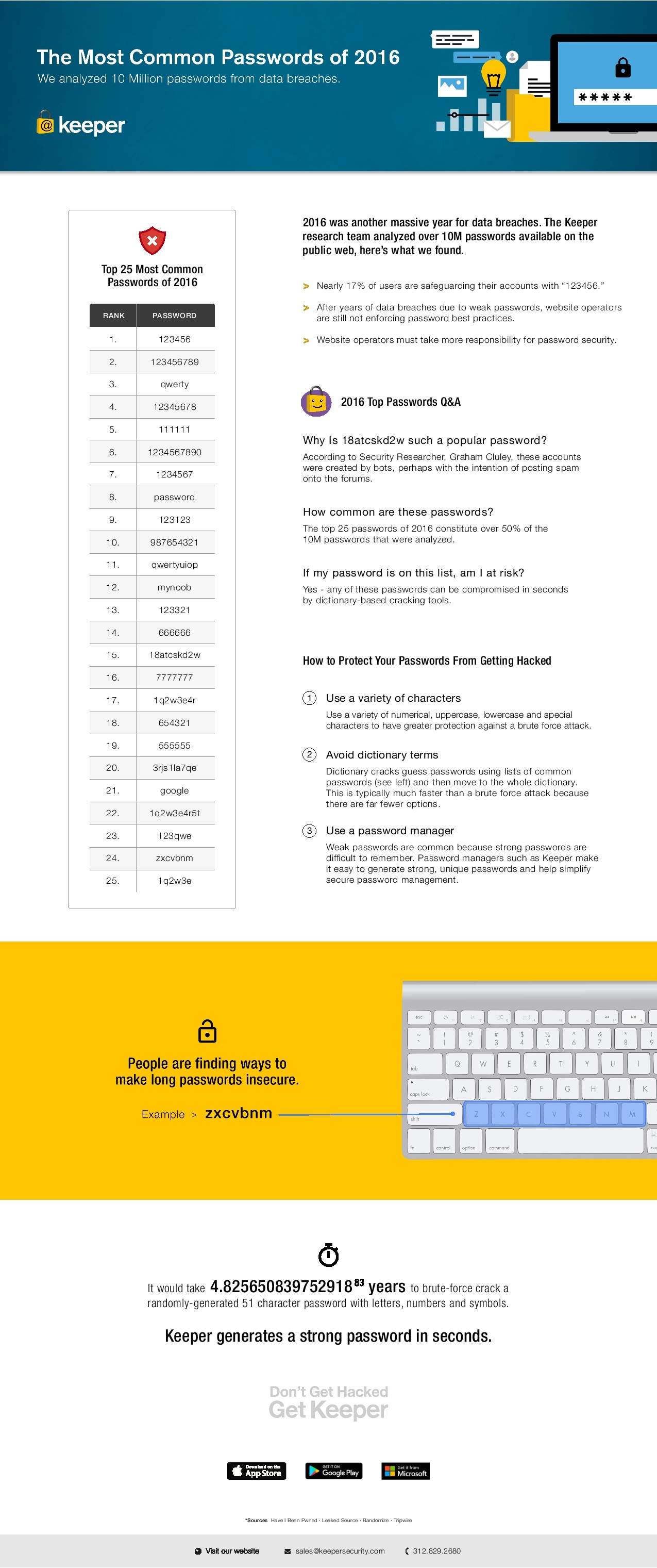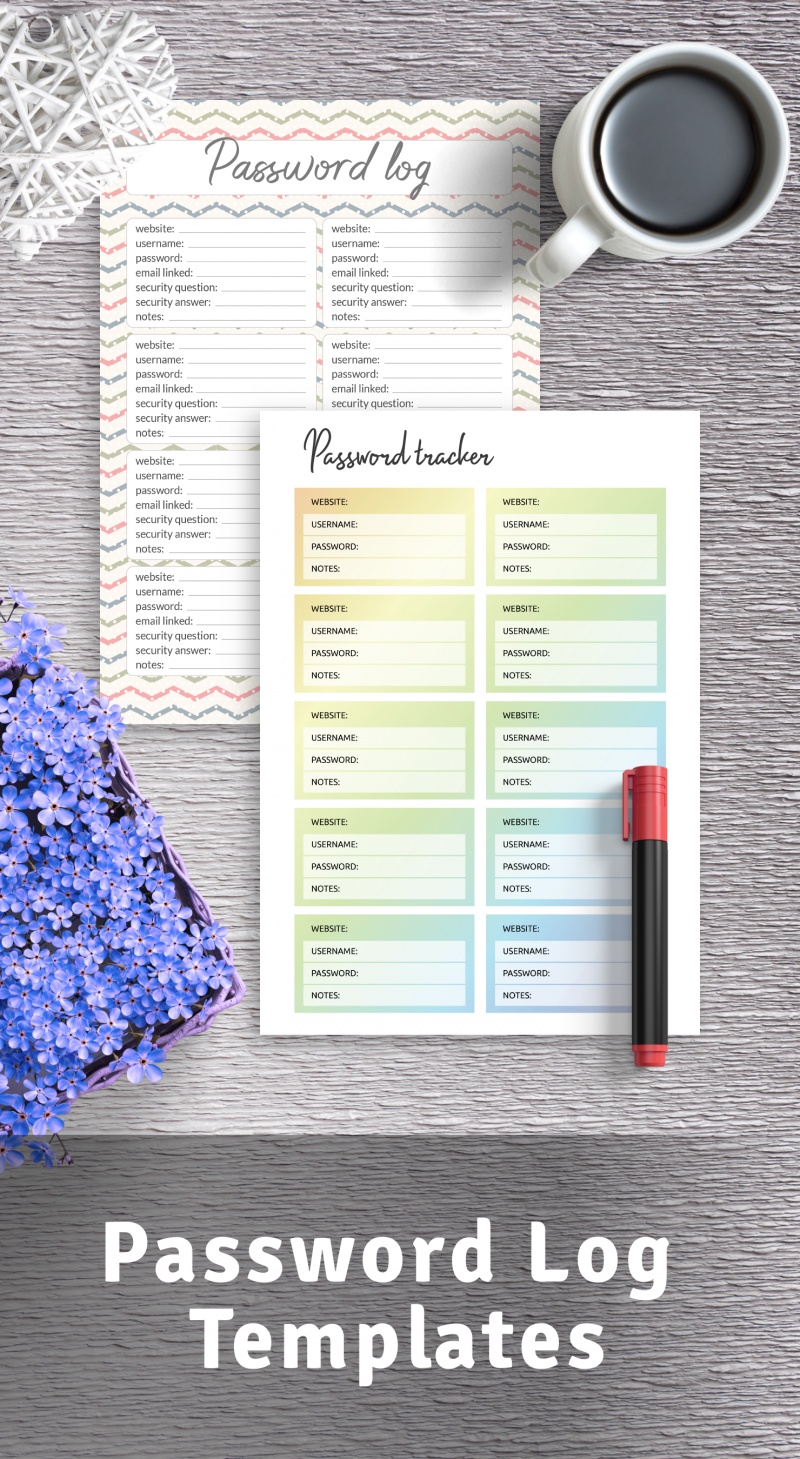

We’re seen as being global, fair, insightful, and perhaps a bit too earnest. If you were to come up with a punchline to a joke about the Monitor, that would probably be it.


Sometimes, we call things ‘boring’ simply because they lie outside the box we are currently in.” My work in Kenya, for example, was heavily influenced by a Christian Science Monitor article I had forced myself to read 10 years earlier. “Many things that end up” being meaningful, writes social scientist Joseph Grenny, “have come from conference workshops, articles, or online videos that began as a chore and ended with an insight.
PASSWORDS LIST PASSWORD
The alternative recommended by Homeland Security is a password manager.Ībout a year ago, I happened upon this statement about the Monitor in the Harvard Business Review – under the charming heading of “do things that don’t interest you”: Trying to remember a handful of complex passwords could tempt even a savvy password-creator to resort to a sticky note on the computer screen. Put numbers that are meaningful to you after the sentence. Turn words into shorthand or intentionally misspell a word. Remove the spaces between the words in the sentence. The Department of Homeland Security recommends using a passphrase, such as this example from Microsoft Safety & Security Center: The California-based SplashData recommends a password or passphrase at least 12 characters long with a mix of letters, numbers, and special characters. "You just want to make sure that exposure doesn’t have a cascading effect on your other logins, especially at more valuable sites and services (e.g., email and financial services)." "It’s almost inevitable that some of your logins somewhere will be exposed," Mr. “As we see on the list, using common sports and pop culture terms is also a bad idea." "We have seen an effort by many people to be more secure by adding characters to passwords, but if these longer passwords are based on simple patterns they will put you in just as much risk of having your identity stolen by hackers,” Morgan Slain, chief executive officer of SplashData, maker of TeamsID password manager, said in a press release. The passwords "princess," "solo," and "starwars" were newcomers to the list of most popular passwords. Several new additions to the top-25 list show that while familiarity with pop culture references might be a good social practice, it is no friend to Internet security. The most-used password is the immortal "123456" followed by "password." About 3 percent of Americans risk their Internet security by using one of the top 25 passwords, although the number of people using popular passwords has gone down since 2011, according to TeamsID. The annual list of America's "worst passwords" reveals the 25 most-popular – and therefore most easily guessed by hackers – passwords, according to SplashData. We put a man on the moon, but "password" is still the second-most common password on the Internet.


 0 kommentar(er)
0 kommentar(er)
